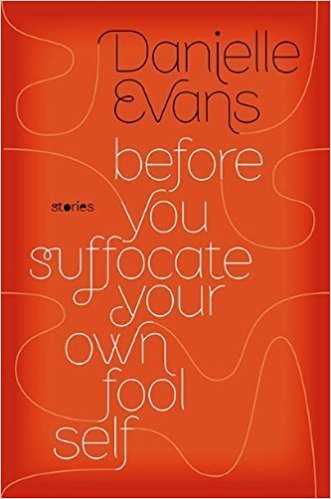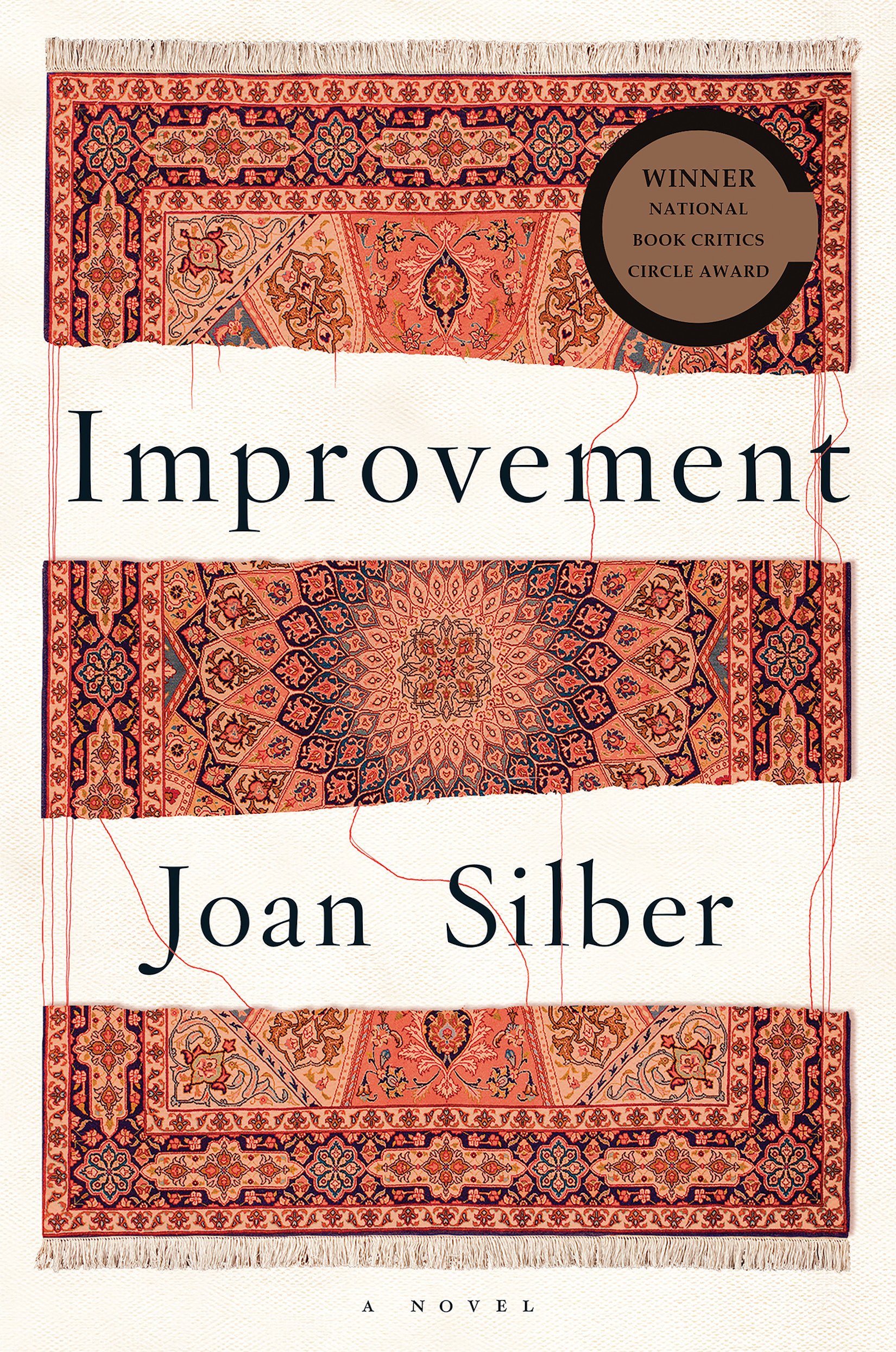Student Picks: Beatty and Evans
Phil Lemos-- The first-person narrator of Paul Beatty’s hilariously uncomfortable novel The Sellout, referred to only by his last name of “Me,” has made some awkward decisions.
Me is a black man who owns a slave. He’s the de facto caretaker of his hometown, an “agrarian ghetto” on the outskirts of Los Angeles by the name of Dickens. He runs a profitable business growing square watermelons and lots of weed. And he’s ridiculed by Foy Cheshire, leader of a group known as The Dum Dum Intellectuals. He calls Me a sellout, and Cheshire extols the virtues of his own watered-down edition of an American classic, titled “The Pejorative-Free Adventures and Intellectual and Spiritual Journeys of African-American Jim and His Young Protégé, the White Brother Huckleberry Finn, As They Go in Search of the Lost Black Family Unit.” Things come to a head when Me tries to reintroduce segregation to Dickens, culminating in the Supreme Court case “Me vs. The United States of America.”
The Sellout is full of moments both cringe-worthy and laugh-out-loud funny, sometimes simultaneously. It’s a sharp satire of race relations in a supposedly post-racial America, and of how we try to simultaneously rewrite and bury the past.
Tara Ridell-- Danielle Evans’ collection of short stories, in a word, is sharp. The 8 parts that make up the book are saturated with humility and strength. Each story is devised of original characters that are connected by a precise design to trudge beyond their own mess.
In “Virgins,” Evans explores the nuance of sexuality through Erica, an already-jaded young girl. The author’s delicate prose cradles the deflated self-value of her character, illuminating an issue of confidence most young women contend with regarding their own bodies.
Evans’ writing is infused with compassion and benevolence, which is refreshing, as it is not always the sentiment put forth to characters of color. The piece “Snakes,” is a tale of a young girl of mixed race sent to live with her white grandmother while her parents are traveling. The battle that ensues over the child’s image via her natural hair is uncomfortable to read and counsels the reader to admit what is truly going on.
Whether writing about a veteran fixed in his own psychological purgatory (“Someone Ought to Tell Her There’s Nowhere to Go”), or a youth entrenched in tragedy (“King of a Vast Empire”), Evans’ fluid use of prose gives one breath to the many heartbeats in this work.




















